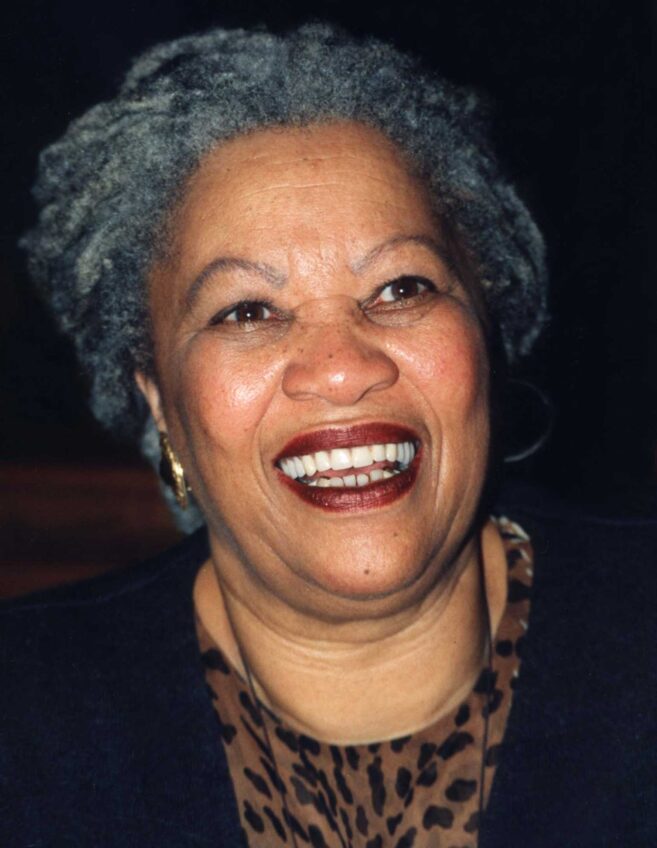Ma’Khia Bryant, Andrew Brown Jr., Daunte Wright, Adam Toledo and Michael Hughes have two things in common. One, they were slain by police officers, in five different cities, after the start of the trial of former Minneapolis police officer Derek Chauvin, or worse, after his conviction for the torture and murder of George Floyd. Two, they were, as usual, either young Blacks or Hispanics.
They’re just the best-known names of post-Chauvin-trial police victims, but 60 more police slaying victims can be added to the list. This adds up to a rate of about three police killings a day in the time since Chauvin’s conviction.
There are a couple of ways to look at the grim death toll. The first is that cops are sending a deadly message that Chauvin will in no way change things. Their message: Police will continue to police in mostly minority communities the same way, up to and including the use of force. The other way to look at the post-Chauvin police violence is that there is still a crying need to make real police reform a top national priority.
There’s not much hope here. The House-passed George Floyd Police Reform Act still is buried deep in the Senate with no sign of any movement to final passage. Not one GOP House member backed the bill. To get passage, President Biden and the Democrats ran like crazy from any hint that defunding the police would be part of the bill. Defunding was a prime cry of the massive police reform protests in the wake of the Floyd killing. A poll before the start of the Chauvin trial found that months after Floyd’s killing, fewer persons than in the immediate aftermath saw Chauvin’s action as murder. Polls taken on the first anniversary of the Floyd murder show a nation divided on the issue of race and police killings. Millions see absolutely no connection between the two.
The Chauvin conviction did not answer the perennially tormenting question: Just why is it still near impossible to fire, let alone arrest, prosecute and convict cops who overuse deadly force? Chauvin almost certainly would not have been one of the rare cops hauled before a court docket if tens of millions hadn’t been shocked at the video that revealed in brutal and drawn-out detail Floyd in his death agonies on the ground with Chauvin’s knee on his neck.
Though Chauvin was fired, there was much foot-dragging by county prosecutors on what, if any, charges they’d bring against him. Minnesota Attorney General Keith Ellison saw the fast-developing PR and political nightmare of an unprosecuted Chauvin and quickly stepped in to charge him. Ellison intervened again to take charge of the prosecution of former police officer Kim Porter in the Brooklyn Center, Minnesota murder of Daunte Wright. He wants a conviction, and there’s no guarantee there will be one if the prosecution is left to local prosecutors, given their cozy relationship with cops and their refusal to prosecute police abuse.
It’s an uphill battle for prosecutors to overcome both pro-police attitudes and negative racial stereotypes. In past studies, Stanford University researchers found that even when many whites are presented with evidence that the criminal justice system is loaded with a racial bias toward Blacks, they are more likely to support tough, draconian laws such as three-strikes, tough sentencing and increased incarceration.
Floyd was trashed continually as a hyped-up, violence-prone ex-con. It didn’t work in this case, but there was no lack of effort by Chauvin’s defense team to sell the stereotype.
The Chauvin conviction left dangling one more problem that ensures cops who use wanton deadly force will skip away free. There is no ironclad standard of what is or isn’t an acceptable use of force in police misconduct cases. It often comes down to an officer’s judgment call. In the Rodney King beating case in 1992, in which four LAPD officers stood trial, defense attorneys painted King as the aggressor and claimed that the level of force used against him was justified. This pattern has been evident in many cases since then. Police claim they feared for their lives and used deadly force solely in self-defense.
The mounting police slaying death toll one year after the Floyd murder stands as a brutal testament to this. Chauvin’s conviction did nothing to stop cops from blatantly using deadly force — and getting away with it.
Earl Ofari Hutchinson is an author and political analyst.






